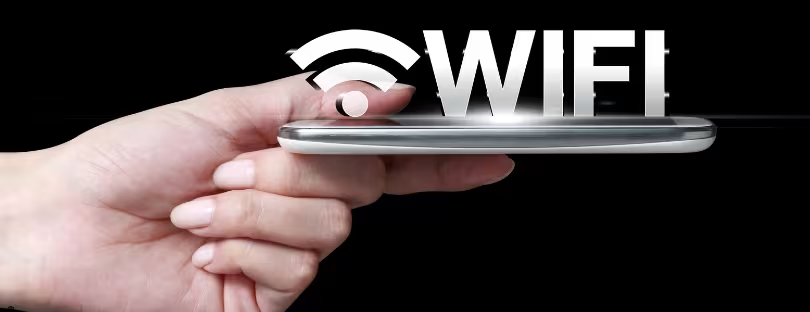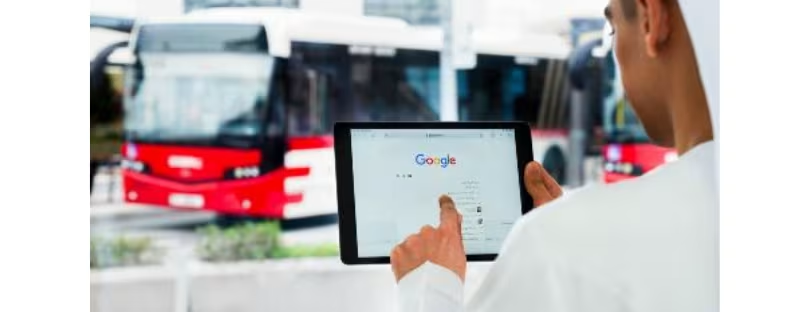
Is public Wi-Fi safe?
Publicly available Wi-Fi hotspots, such as those found in coffee shops, airports, train stations, etc., are convenient, but they can pose a considerable risk to your data. public wi-fi safety
Just because a network connection is protected by a password, that doesn’t necessarily mean it’s secure. Hackers have been known to set up authentic-seeming connections in public places in order to steal information, but there are several steps you can take to keep yourself as secure as possible.
Firstly, avoid using any banking apps, shopping sites, or health sites while connected to public networks or any sites that may have your financial information stored. public wi-fi safety
When visiting other sites, make sure the first part of the site URL (the address at the top of the browser) starts with ‘https’, as the S represents a secure, encrypted data connection. Turn off sharing features and Bluetooth unless you need to use them, and enable SSL under Settings.
Many security experts champion using VPNs (virtual private networks) in public spaces, which create a private virtual connection even on public Wi-Fi. While there are plenty of paid options, basic, free services like TunnelBear and CyberGhost will give you an idea of how VPNs work.
They’re definitely worth using every time you have to use a public network for any extended amount of time, but do your research carefully; some services will sell your data, which effectively defeats the purpose of using one in the first place. Also, basic security hygiene means you should regularly change your passwords, or use a respected password manager, and make sure your device’s software is up-to-date, to give you maximum security.










